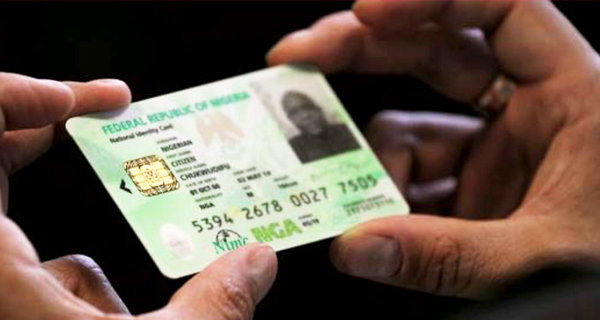With the announcement of the government’s readiness to issue digital identity cards for vaccination, an IT company has pointed out the dangers posed to the security of personal information.
The danger is heightened by the fact that the right to privacy is not recognized as a basic human right in Sri Lanka.
The Ministry of Health and the Information and Communication Technology Agency have announced that a digital identity card will be issued to the public in the next few days to make vaccination more efficient.
The Sri Lanka Information Technology Association says that while the government’s move to use new technology to curb Kovid is timely and commendable, the Sri Lankan government is lagging far behind in formulating the policies needed to digitize.
Civil activists have previously accused the government of plotting to obtain the personal data of Sri Lankan driving license holders from the security forces, with the Sri Lanka Army being tasked with drafting driving licenses.
The Secretary of Defense has previously stated that the data of all people associated with coronavirus is stored on his mobile phone.
Rajiv Yasiru Kuruwita, President of the Information Technology Association of Sri Lanka, said in a statement that various policies and laws have been enacted in many countries to ensure the privacy and data security of patients or healthcare recipients in digital health.
He says the Health Insurance Portability and Accountability Act, or HIPAA, is an accountability bill for the protection of the health data of American citizens.
The European Union Public Data Protection Regulation (GDPR) holds accountable for other data, including citizen health data.
Rajiv Yasiru Kuruwitage Mathew points out that the Sri Lanka Institute of Information Technology has also classified healthcare data in India as ‘sensitive personal data’.
Sri Lanka should formulate policies and programs to protect the data and privacy of the public before issuing digital identity cards, as the issuance of digital identity cards for vaccination could pose a risk in the near future if the Data Protection Act and the Cyber Security Act are not approved by Parliament. The Technology Association informed the Government.
The prospect of the next generation
Namal Rajapaksa, the Minister of Youth and Sports, had recently stated that as a result of discussions with the Ministry of Health and the Information and Communication Technology Agency (ICTA), a new digital identity card with new technology will be issued to the public in the next few days to make the Covid vaccination more efficient.
With this new digital identity card, the government will be able to bring to each person the date, place, time and type of vaccine as well as the relevant information and the date, place and time when the second dose should be given. He had mentioned.
A press release issued by the Media Unit of the Ministry of Youth and Sports stated that the Vision of Prosperity policy clearly outlines a people-centric digital system of government, bringing it to the practical level for the first time and enabling the introduction of new digital identity cards and technology through vaccination technology. That.
“Digitization is the hope of the next generation to perform public service efficiently.” The statement added:
